As more and more business processes shift to the cloud, Software as a Service (SaaS) has become increasingly popular. While the benefits of using SaaS are many, it is crucial to be aware of the potential risks, particularly when it comes to contracts. In order to ensure a mutually beneficial partnership with a SaaS vendor, it is important to carefully scrutinize the terms of the agreement. Here are some key factors to consider when reviewing a SaaS agreement:
1. Service Level Agreements (SLAs)
SLAs are an essential aspect of any SaaS agreement. They define the vendor`s obligations to provide a certain level of service, including uptime, performance standards, response times for support requests, and more. It is important to ensure that the SLAs in the agreement align with the needs of your business and that they are not too vague or lenient.
2. Data Ownership and Security
When using SaaS, your company`s data will reside on the vendor`s servers. It is crucial to understand who owns the data and to what extent the vendor can use it. Additionally, security is of utmost importance when it comes to sensitive information. The agreement should outline the vendor`s security protocols and disaster recovery plans.
3. Termination and Exit Strategy
No business relationship lasts forever. It is important to consider what happens if the relationship with the vendor deteriorates or if you need to switch to a different vendor. The agreement should outline the terms for termination and any associated costs. Additionally, it is important to have an exit strategy in place to ensure that your data is retrievable and that there is a smooth transition to a new vendor.
4. Pricing and Billing
The SaaS agreement should be clear about pricing and billing to avoid any surprises down the line. It is important to understand how the vendor charges for their services, any potential fees for exceeding usage limits, and whether there are any hidden costs. Additionally, it is important to know how often billing will occur and what payment methods are accepted.
5. Intellectual Property Rights
If you use SaaS to create and store your own intellectual property, it is important to ensure that the agreement does not give the vendor ownership of that property. Additionally, the agreement should outline what happens if the vendor infringes on any of your intellectual property rights.
In conclusion, reviewing a SaaS agreement can be overwhelming, but it is essential to understand what you are signing up for. By focusing on the key factors outlined above, businesses can ensure that they enter into a mutually beneficial relationship with their SaaS vendor and avoid any negative consequences down the line.
